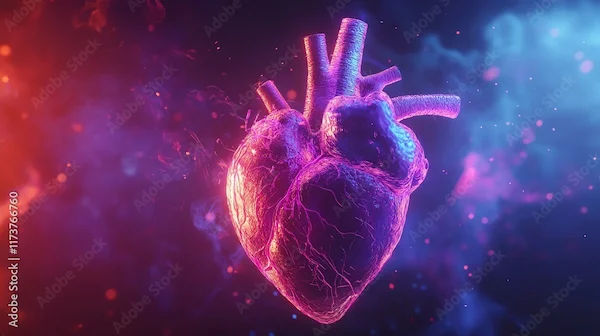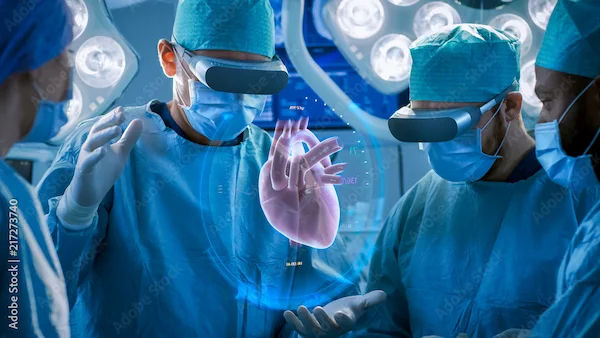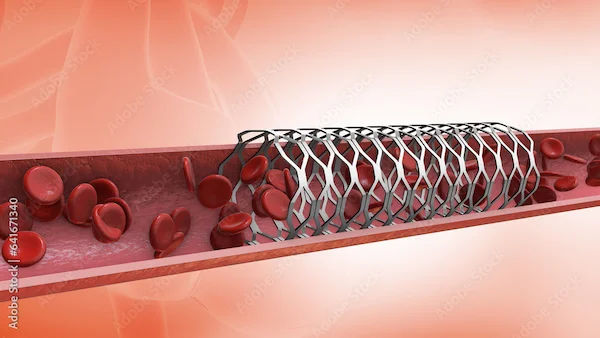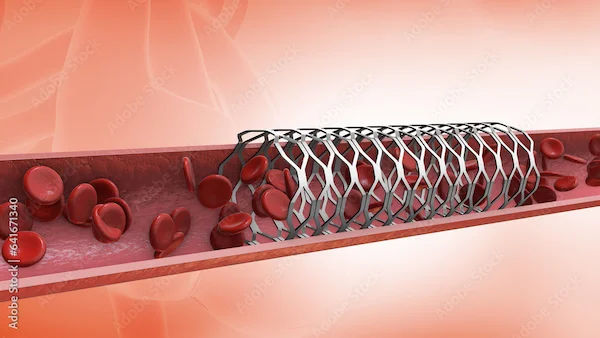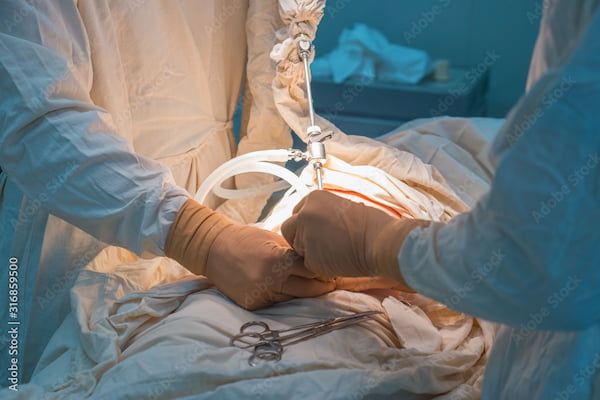Stroke Information for Patients
Get clear, reliable stroke information for patients. Understand stroke types, recognize warning signs (FAST), learn about diagnosis, treatment options, recovery, and how to prevent recurrence. Empower yourself with knowledge for better outcomes.

Written by Dr. M L Ezhilarasan
Reviewed by Dr. Rohinipriyanka Pondugula MBBS
Last updated on 12th Aug, 2025

Introduction
A stroke is a serious medical condition that occurs when the blood supply to part of the brain is interrupted or reduced, depriving brain tissue of oxygen and nutrients. Within minutes, brain cells begin to die, which can lead to lasting damage or even death. Understanding strokes—their symptoms, causes, and prevention—can help you take quick action and reduce risks.
What is a Stroke?
A stroke happens when something blocks blood flow to the brain (ischemic stroke) or when a blood vessel in the brain bursts (hemorrhagic stroke). Without oxygen rich blood, brain cells start dying, affecting functions like movement, speech, and memory.
Types of Stroke:
1. Ischemic Stroke (Most Common – 87% of cases): Caused by a blood clot blocking an artery in the brain.
2. Hemorrhagic Stroke: Occurs when a weakened blood vessel ruptures, causing bleeding in or around the brain.
3. Transient Ischemic Attack (TIA or "MiniStroke"): A temporary blockage that causes strokelike symptoms but no permanent damage. However, it is a warning sign of a future stroke.
Signs & Symptoms of a Stroke
Recognizing stroke symptoms early is crucial because "Time Lost = Brain Lost." The faster treatment is given, the better the chances of recovery. Remember the acronym FAST:
- Face drooping (Does one side of the face droop when smiling?)
- Arm weakness (Can the person raise both arms evenly?)
- Speech difficulty (Is speech slurred or hard to understand?)
- Time to call emergency services (Act immediately!)
Other Possible Symptoms:
- Sudden numbness or weakness in the face, arm, or leg (especially on one side)
- Confusion, trouble speaking, or difficulty understanding speech
- Sudden vision problems in one or both eyes
- Sudden severe headache with no known cause
- Trouble walking, dizziness, or loss of balance
What Causes a Stroke?
Several factors increase the risk of stroke, including:
Uncontrollable Risk Factors:
- Age – Risk increases after 55.
- Gender – Men have a higher risk, but women are more likely to die from strokes.
- Family History – If a close relative had a stroke, your risk may be higher.
- Previous Stroke or TIA – Increases the chance of another stroke.
Controllable Risk Factors:
- High Blood Pressure (Hypertension) – The leading cause of stroke.
- Heart Disease – Conditions like atrial fibrillation (irregular heartbeat) can cause clots.
- Diabetes – High blood sugar damages blood vessels over time.
- High Cholesterol – Leads to plaque buildup in arteries.
- Smoking & Excessive Alcohol – Damages blood vessels and increases clot risk.
- Obesity & Physical Inactivity – Contributes to high blood pressure and diabetes.
How Does a Stroke Affect Health?
The effects of a stroke depend on which part of the brain is damaged and how quickly treatment is given. Some common longterm effects include:
- Paralysis or Weakness (usually on one side of the body)
- Speech & Language Problems (difficulty speaking or understanding words)
- Memory & Thinking Issues (trouble with concentration, problem solving)
- Emotional Changes (depression, anxiety, mood swings)
- Difficulty Swallowing or Walking
Rehabilitation (physical therapy, speech therapy, occupational therapy) can help many patients regain function over time.
Consult Top Heart Specialists
How to Prevent a Stroke?
Many strokes can be prevented with healthy lifestyle changes and managing medical conditions:
1. Control Blood Pressure
- Check it regularly.
- Take prescribed medications.
- Reduce salt intake and eat a balanced diet.
2. Manage Diabetes & Cholesterol
- Monitor blood sugar levels.
- Eat fiberrich foods (fruits, vegetables, whole grains).
- Limit saturated fats and processed foods.
3. Stay Active & Maintain a Healthy Weight
- Aim for 30 minutes of exercise (walking, swimming) most days.
- Avoid prolonged sitting.
4. Quit Smoking & Limit Alcohol
- Smoking doubles stroke risk—seek help to quit.
- Drink alcohol in moderation (1 drink/day for women, 2 for men).
5. Eat a HeartHealthy Diet
- Follow the DASH diet (low sodium, high in fruits, vegetables, lean proteins).
- Include omega-3 fatty acids (fish, nuts).
6. Treat Underlying Heart Conditions
- If you have atrial fibrillation (AFib), take blood thinners as prescribed.
When to Seek Emergency Help?
Call emergency services immediately if you or someone else shows stroke symptoms—every minute counts! Early treatment with clotbusting drugs (like tPA) or surgery can save lives and reduce disability.
Recovery & Rehabilitation
Recovery varies for each person. Some regain function quickly, while others need longterm therapy. Key steps include:
- Physical Therapy – Improves movement and strength.
- Speech Therapy – Helps with communication and swallowing.
- Occupational Therapy – Teaches daily living skills.
- Emotional Support – Counseling can help with depression or anxiety.
How Apollo 24|7 Can Help?
If you or a loved one is at risk of stroke or needs poststroke care, Apollo 24|7 offers:
- Expert neurologist consultations (online or in person).
- Diagnostic tests (MRI, CT scans, blood tests).
- Personalized rehabilitation plans.
Book a consultation or schedule a test today to take control of your health.
Final Thoughts
Strokes can be life changing, but knowing the warning signs and managing risk factors can make a big difference. Small lifestyle changes today can protect your brain for years to come. Stay informed, stay healthy!
Would you like to speak to a specialist? Visit Apollo 24|7 for expert care and support.
Consult Top Heart Specialists
Consult Top Heart Specialists

Dr. Nirmal Kolte
Cardiologist
8 Years • MBBS MD (Medicine) DM (Cardiology)
Nashik
Apollo Hospitals Nashik, Nashik

Dr. Sunil Modi
Cardiologist
38 Years • MBBS,MD (Med.),DM (Cardio)
Delhi
Apollo Hospitals Indraprastha, Delhi
(25+ Patients)

Dr. Subir Ghosh
Cardiologist
16 Years • MBBS; MD(MED); DM(Cardio)
Ahmedabad
Apollo Hospitals Gandhinagar, Ahmedabad
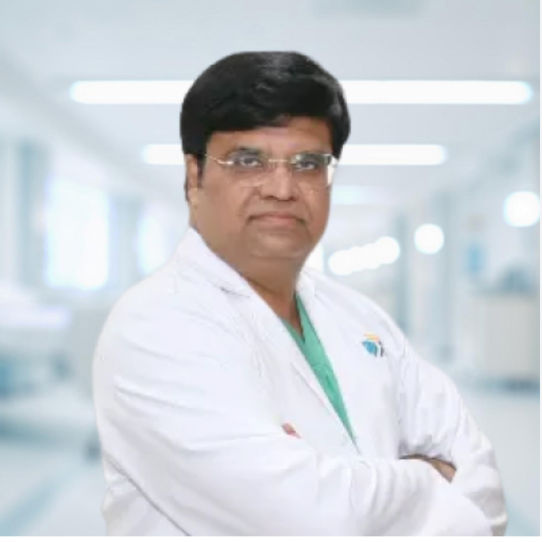
Prof. Dr. Vivek Gupta
Cardiologist
25 Years • MD, DM, FESC, FEAPCI, FAPSIC,FCSI, FICC, FIC France, FIEIC, FSCAI
Delhi
Apollo Hospitals Indraprastha, Delhi
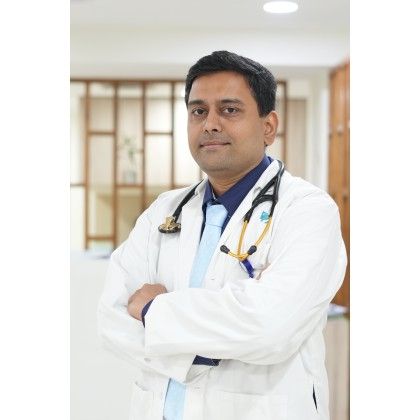
Dr Gautam Naik
Cardiologist
12 Years • Senior ConsultMBBS, MD (General Medicine), DM (Cardiology), Interventional Cardiology Fellowship (Royal Papworth Hospital, Cambridge, UK), Structural Heart Intervention Fellowship (Barts Heart Centre, St Bartholomew's Hospital, London)
Delhi
Apollo Hospitals Indraprastha, Delhi
Consult Top Heart Specialists

Dr. Nirmal Kolte
Cardiologist
8 Years • MBBS MD (Medicine) DM (Cardiology)
Nashik
Apollo Hospitals Nashik, Nashik

Dr. Sunil Modi
Cardiologist
38 Years • MBBS,MD (Med.),DM (Cardio)
Delhi
Apollo Hospitals Indraprastha, Delhi
(25+ Patients)

Dr. Subir Ghosh
Cardiologist
16 Years • MBBS; MD(MED); DM(Cardio)
Ahmedabad
Apollo Hospitals Gandhinagar, Ahmedabad

Prof. Dr. Vivek Gupta
Cardiologist
25 Years • MD, DM, FESC, FEAPCI, FAPSIC,FCSI, FICC, FIC France, FIEIC, FSCAI
Delhi
Apollo Hospitals Indraprastha, Delhi

Dr Gautam Naik
Cardiologist
12 Years • Senior ConsultMBBS, MD (General Medicine), DM (Cardiology), Interventional Cardiology Fellowship (Royal Papworth Hospital, Cambridge, UK), Structural Heart Intervention Fellowship (Barts Heart Centre, St Bartholomew's Hospital, London)
Delhi
Apollo Hospitals Indraprastha, Delhi
